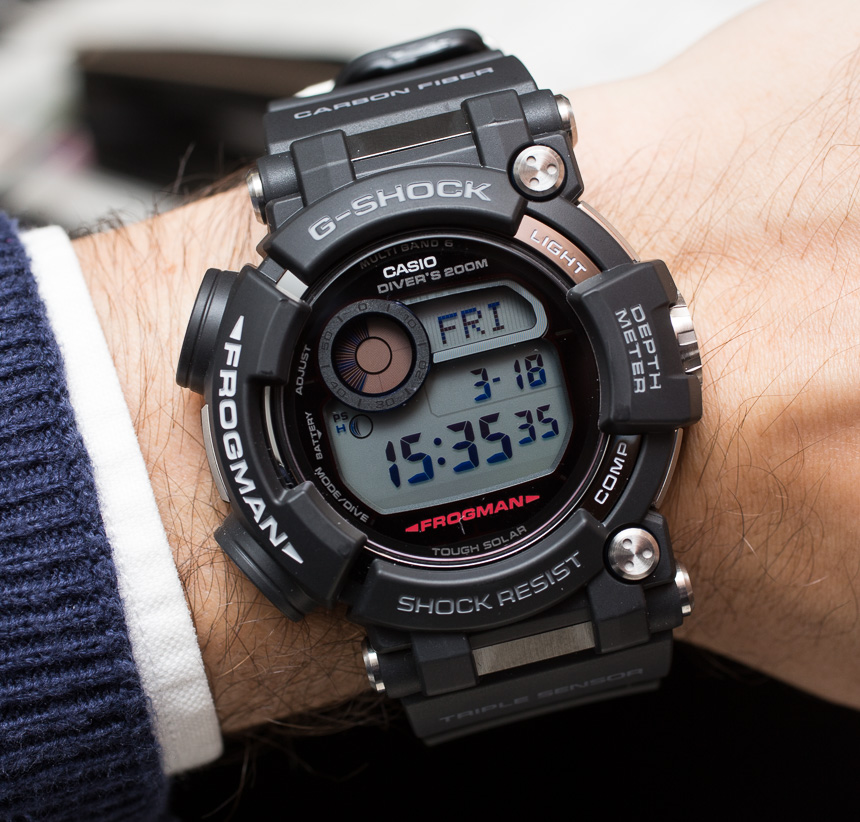Dive computers provide convenience and while they are a great option, they are not required in order to complete a safe dive. I’m one of the older divers that came into diving when horse collars and J valves were considered high-tech. There were many problems with earlier dive computers and that’s probably why many seasoned divers tend to avoid them and stick to basic equipment for routine NDL dives. While I use all the modern advancements in diving as far as equipment is concerned, I can just as easily do any dive with minimal gear that many contemporary divers may not consider applicable in 2022.
If I was starting out today and wanted a computer, I would buy the best one I could afford. Buying something that might be considered good enough for a beginning diver might also be considered a waste of money if they will most likely upgrade to a better option within a year or two of the initial purchase. If you can afford it, go nuts and get what you want. I don’t assume anyone’s budget because you never know what their definition of expensive might be.
My only recommendation is that whatever you decide to go with, have a backup plan in case it fails. Chances are, it won’t fail at home while you are messing with it or in the parking lot getting your gear on. It’s going to **** the bed at the most inconvenient time imaginable. The best way to be a safe and competent diver is to be self sufficient. If a piece of your gear goes down, you should be able to adjust without impacting others. As an old SAR guy, I double and triple up on a number of things but that’s just how I am accustomed to diving. Find what works best for you and your dive buddy but always have a plan B as the statistics in diving are filled with those that set themselves up for failure with only one option.
If I was starting out today and wanted a computer, I would buy the best one I could afford. Buying something that might be considered good enough for a beginning diver might also be considered a waste of money if they will most likely upgrade to a better option within a year or two of the initial purchase. If you can afford it, go nuts and get what you want. I don’t assume anyone’s budget because you never know what their definition of expensive might be.
My only recommendation is that whatever you decide to go with, have a backup plan in case it fails. Chances are, it won’t fail at home while you are messing with it or in the parking lot getting your gear on. It’s going to **** the bed at the most inconvenient time imaginable. The best way to be a safe and competent diver is to be self sufficient. If a piece of your gear goes down, you should be able to adjust without impacting others. As an old SAR guy, I double and triple up on a number of things but that’s just how I am accustomed to diving. Find what works best for you and your dive buddy but always have a plan B as the statistics in diving are filled with those that set themselves up for failure with only one option.




